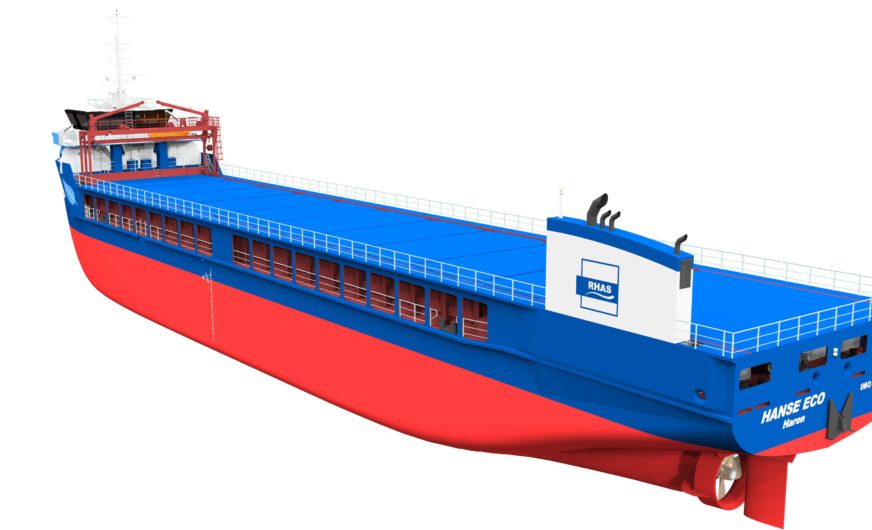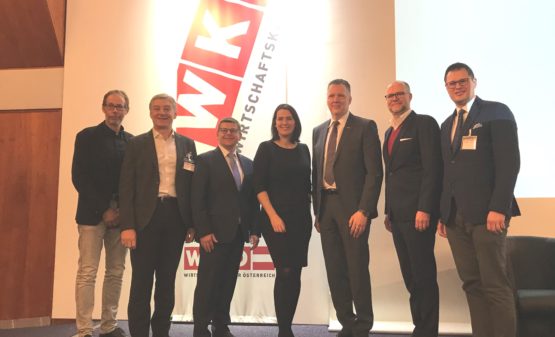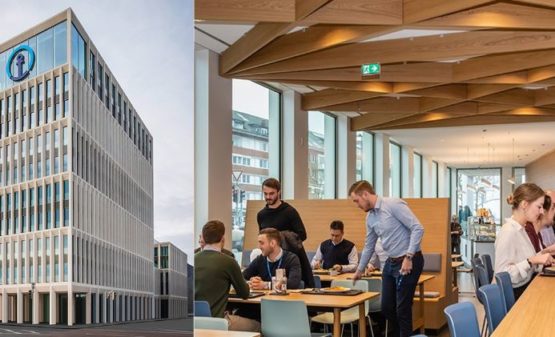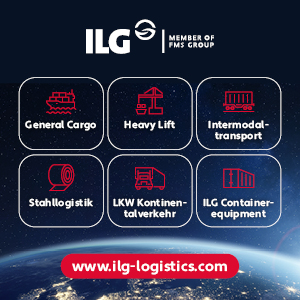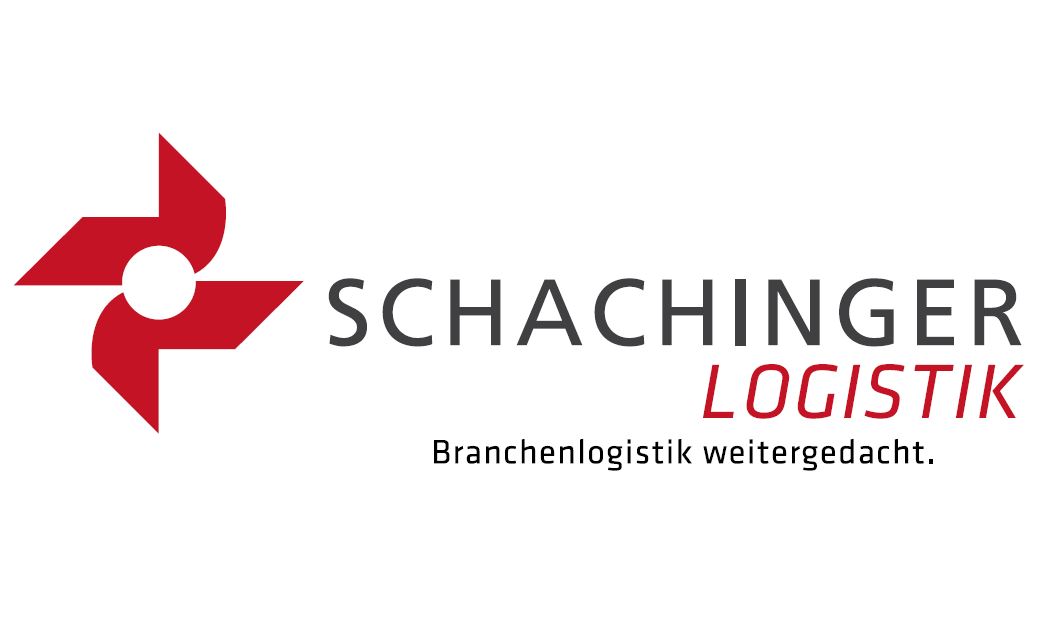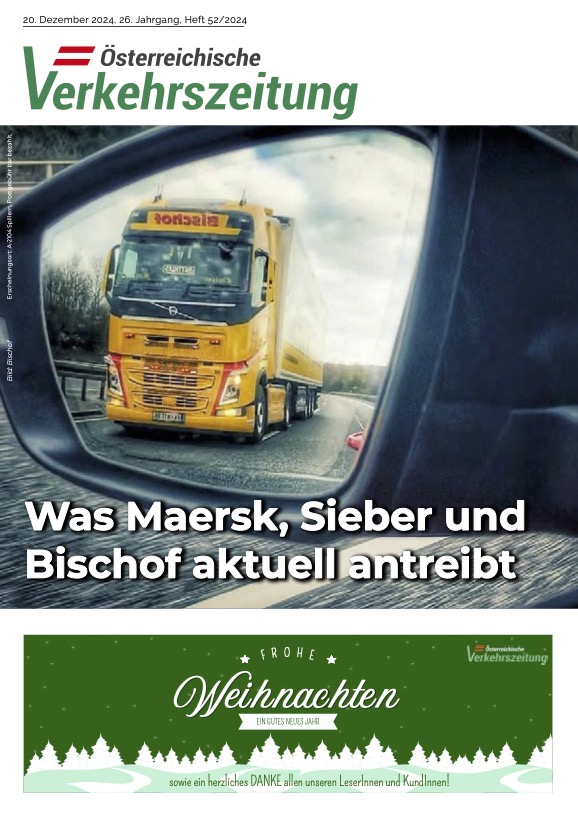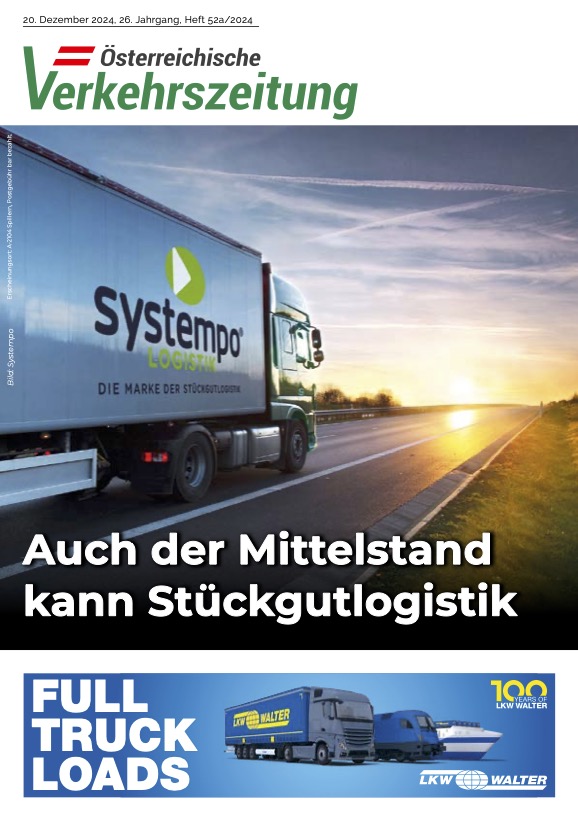The ‘Hanse Eco’ fleet is the result of an initiative launched by Torsten Westphal, one of the founding members of Arkon Shipping. Developing a future-oriented short sea fleet provides a sustainable solution for shipbuilding that is designed to meet specific needs – and this work is taking place with Rhenus as a partner, a long-standing market and industry expert.
The ‘Hanse-Eco’ vessel will be about 90 metres long and have a load-carrying capacity of 4,200 tonnes. The cargo hold will be able to accommodate more than 5,500 cubic metres of goods.
“Our ‘Hanse-Eco’ fleet is pointing the way forwards so that we can meet climate protection requirements and also make sensible use of the mega trend of digitalisation. We’re providing a high standard for European shipping 2.0 – from the planning stage until the vessels are put into service,” says Torsten Westphal, Managing Shareholder of Rhenus-Arkon-Shipinvest.
The ‘Hanse-Eco’ vessels have a number of optimised features compared to traditional designs: having the bridge at the front provides a clear view during deck loading procedures too and the innovative hull shape reduces fuel consumption.
An enlarged hold length also makes it possible to transport project loads as well as classic bulk and break bulk cargo. This type of vessel with its end-to-end deck is therefore ideally suited to handle large-volume and bulky goods and is able to serve new cargo segments with its “open-top” capability.
Alongside the water treatment systems, which will be mandatory from 2020 onwards, the eco-vessels are equipped with a hybrid ship’s propulsion system with an organic catalytic converter, support from an electrical motor and a waste gas after-treatment unit. This will not only meet the stipulations in the future IMO Tier III exhaust gas standard, but also significantly reduce emissions of carbon dioxide and particulate matter as well as fuel consumption. The main engine can also use organic fuel.


